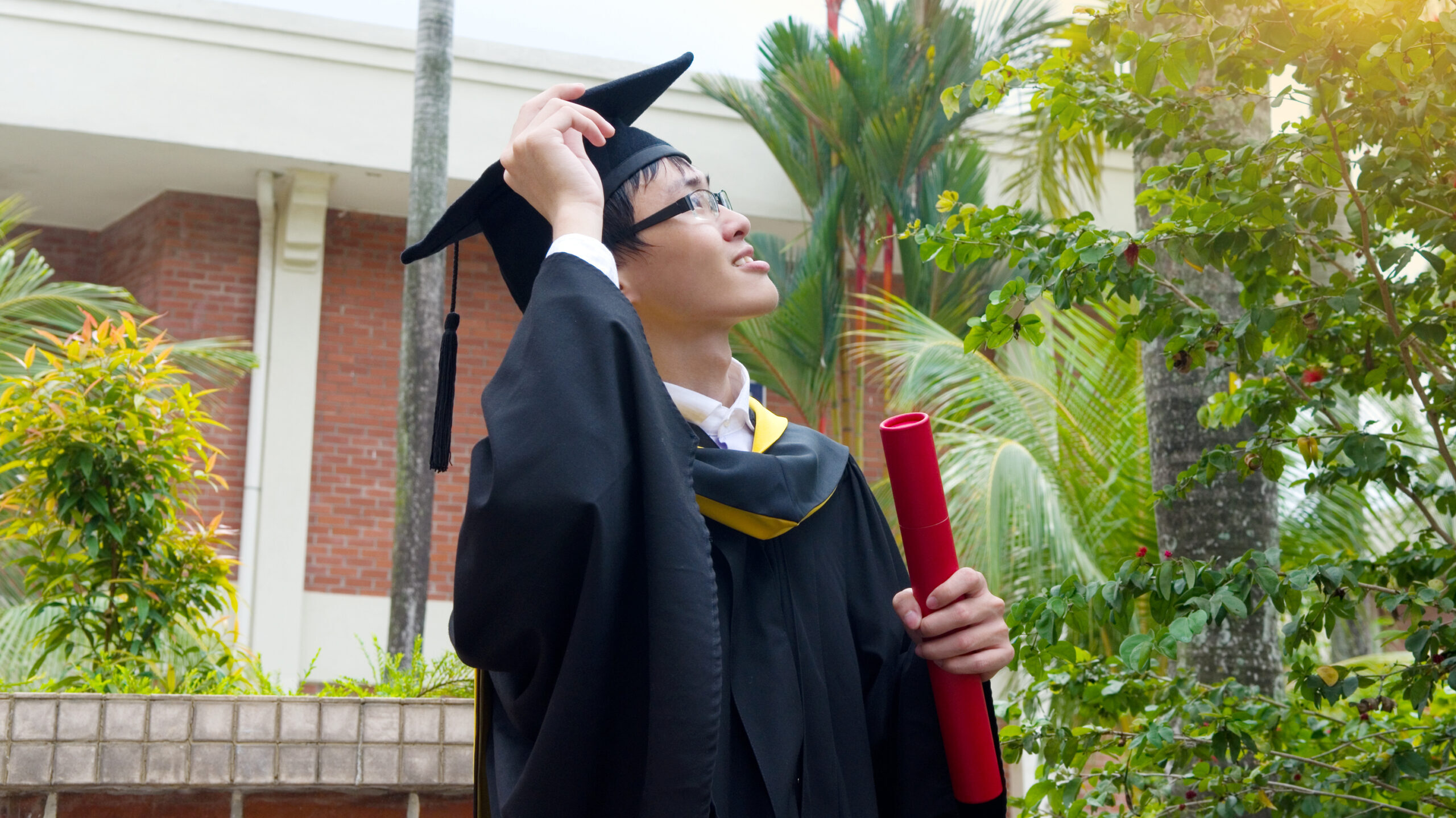Mind the gap — Divergent expectations about university degrees among youth could have domino effect
November 30, 2023
In his commentary titled ‘Mind the gap — Divergent expectations about university degrees among youth could have domino effect’ (TODAY, October 2023), Associate Professor Vincent Chua (NUS Sociology and Anthropology) delves into the disparities in expectations surrounding university degrees among Singaporean youth. Tapping on data from TODAY‘s Youth Survey 2023, A/P Chua highlights a noticeable gap in expectations regarding university degrees based on socio-economic factors.
A/P Chua notes that 76% of youth expect their future children to attain a university degree, with 69% believing it to be crucial for success. He posits that a significant divide in expectation emerges based on housing type and household income. Those in private housing or with an income above S$20,000 express higher expectations compared to their peers in public housing or with lower incomes.
A/P Chua identifies three reasons for this gap. Firstly, he notes unequal access to resources, highlighting that wealthier parents can provide advantages like enrichment classes for their children. Secondly, he explores the influence of transgenerational family expectations through ‘family scripts’, in which socio-economic status shapes life trajectories. Lastly, A/P Chua discusses how distinct cultural codes in different socio-economic groups influence students’ expectations regarding university degrees.
In underscoring the consequences that emerge from these disparities, A/P Chua suggests that lower expectations among less privileged families may impact children’s aspirations and academic performance. In the knowledge economy, where a degree holds significance, divergent expectations contribute to a widening class gap in outcomes. Overall, A/P Chua posits that these differences could exacerbate existing social inequalities, and wedge a greater divide between the ‘haves’ and ‘have nots’.
To address this gap, A/P Chua proposes certain strategies, including material support and fostering social connections. By encouraging social mixing among different socio-economic groups, disadvantaged youth can be empowered and provided with the valuable resources needed to envision their own potential for success.
In conclusion, A/P Chua’s article sheds light on the need to address differing expectations regarding university degrees among Singaporean youth, emphasizing the potential long-term impacts on social mobility and cohesion.
Read the article here.

